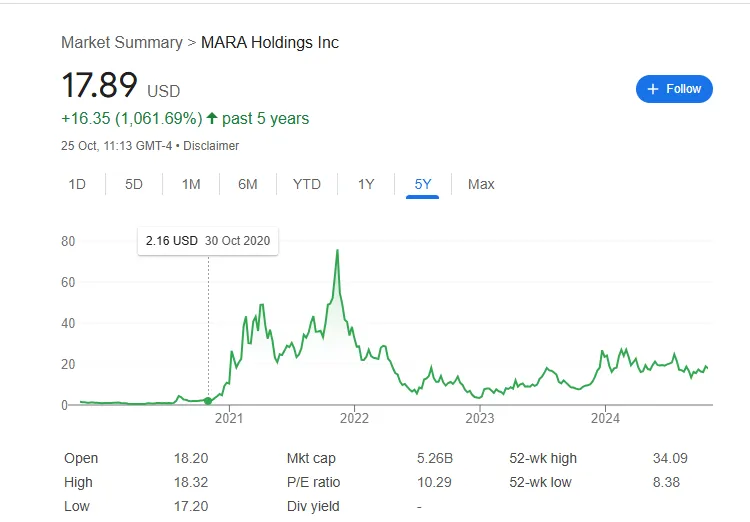|
Getting your Trinity Audio player ready...
|
Two European Central Bank (ECB) economists recently released a paper stating that BTC benefits early adopters at the expense of latecomers and non-holders.
Echoing many of the critics of BTC by big blockers over the years, the economist branded BTC a zero-sum game that enriches early adopters without them contributing to the productive economy.
While the paper does not reflect the ECB’s official stance, BTC maximalists and traders speculate that it may hint at what’s to come. Turr Demeester, engaging in the usual hysterics the BTC camp is renowned for, labeled the paper a “declaration of war” on Bitcoin.
As those who have been following Bitcoin since its early days already know, it is the small blockers declared war on Bitcoin, not the ECB.
Governments and institutions are getting wise to the game
When China banned Bitcoin transactions and then banned mining, BTC maximalists took the same approach: yelling about authoritarianism and liberty rather than reflecting that governments worldwide have criticized it for the same reasons.
Like it or not, BTC increases in value without delivering value to anyone other than holders. In effect, it is a wasteful capital sink, with money that would otherwise be put to productive use in building houses, factories, or businesses being funneled into a non-productive asset that consumes vast quantities of electricity.
Across the world, governments are waking up to this and are beginning to realize how blockchain technology can be used to supercharge the productive economy. Faster settlements, tokenization, micropayments and the overall efficiency and innovation that blockchain enables are welcome everywhere. However, rather than having the humility to realize they took a wrong turn in enforcing small blocks and HODLing digital gold, BTC maximalists are determined to hold the line of “It’s not us; it’s everybody else.”
As big-block implementations on Bitcoin like BSV scale to millions of transactions per second (TPS), enabling cutting-edge applications like Sentinel Node and the Tokenovate platform, BTCers continue to double down on the failed small-block narrative.
Yet, the China ban and the potential for punishing EU regulations to come are only part of the ever-growing list of problems for BTC. Italy’s government has already increased capital gains tax on BTC, and the United Kingdom’s Labour Party is set to raise capital gains tax in its October budget. These increases, and others like them, will make trading BTC even less attractive to speculators.
Combined with the April 2024 halving, which puts block reward miners under increasing pressure, storm clouds are gathering for BTC.

We’ve been saying…
Regular readers of CoinGeek, viewers of Kurt Wuckert Jr.‘s many media appearances, and big blockers, in general, will already be aware that we’ve been calling this for many years now.
Whatever way BTC maxis spins it, continual growth cannot occur in a non-productive economy. As inflation comes down to around 2% in major economies and as more governments seek to incentivize capital into productive uses, BTC may have peaked already. Halving cycles will continue to reduce supply, the network will continue to centralize as less efficient miners capitulate, and the BTC economy will shrink.
On the other hand, the big block economy will continue to grow. With innovations like Teranode enabling one million TPS for tiny fees and with more companies, governments and organizations realizing blockchain can increase productivity, the sky is the limit for big block Bitcoin.
Eventually, one big block with billions of microtransactions will be worth more than a small block with a fraction of a BTC in it. This is inevitable. It’s also a sure thing that small blockers like Turr Demeester will one day accept they are and always have been wrong about Bitcoin.
Watch: Layer 2 blockchain premise is built on a lie—here’s why

 09-04-2025
09-04-2025 





